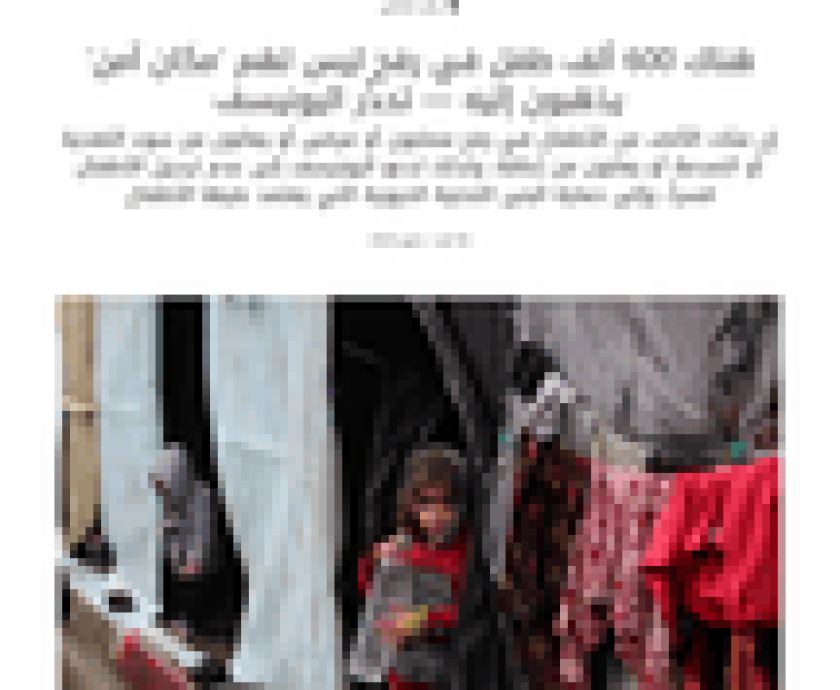Click to expand Image
Women demonstrate to condemn the police response to the of rape of a woman by a highway, Islamabad, Pakistan, September 12, 2020.
© 2020 AP Photo/Anjum Naveed
“Azaadi!” – or “freedom!” – women chanted on the streets of major cities across Pakistan on Saturday, as they protested police handling of a case known as the “motorway incident” – a shocking rape of a woman by multiple assailants.
A police chief’s attempt to blame the survivor of the assault prompted demands not only for reforming the police response to sexual violence cases, but for women’s rights in general.
So far, those demands have been mostly ignored.
On September 7, a woman was driving with her children on the Lahore-Sialkot motorway after midnight when her car ran out of fuel. She called a relative and the motorway police. The motorway police did not respond because the location was outside their jurisdiction. While the woman waited for her relative, two men appeared and pulled her and her children from the car. They raped her in front of the children and robbed her.
The Lahore police chief discussed the case two days later on television, questioning why a mother of three travelling alone at night did not choose a “safer” road, and said: “If she had decided to travel via motorway, she should have checked her fuel tank because there were no petrol pumps on that route.” In a later interview, he claimed his statement had been “distorted,” but maintained his view.
The organizers of Saturday’s protests called for the police chief to be fired; a change in the law to criminalize acts of sexual violence that do not include penetration; structural reform to increase police accountability; training for police, prosecutors, and judges in handling sexual violence cases; protection for victims and witnesses; services and legal assistance for survivors; an end to abusive and scientifically meaningless “virginity examinations” including in sexual violence cases; and measures to improve safety of public spaces without restricting the mobility of women, trans, and non-binary people.
Pakistan’s government should take these demands seriously. Women and girls in Pakistan face abuses including impunity for so-called “honor violence” against them, danger on the way to school, abuses in prison, denial of care in hospitals, and sexual harassment in the workplace. Worse yet, police themselves have been implicated in rape in Pakistan. Women and girls will not have the freedom they are entitled to – to study, work, or live – until the government does more to protect their rights.



